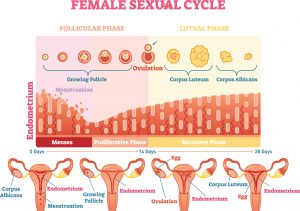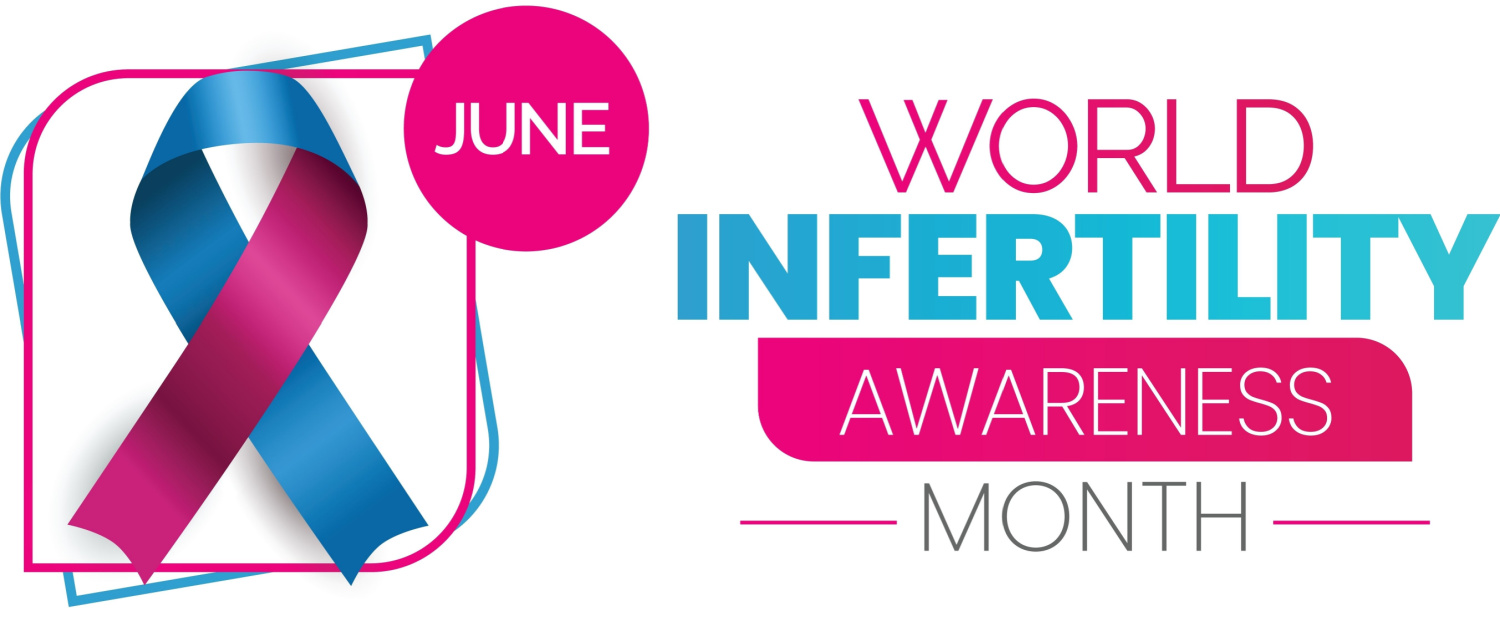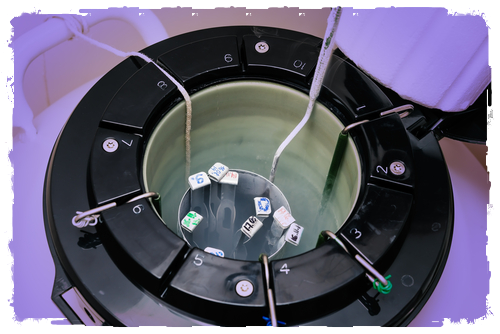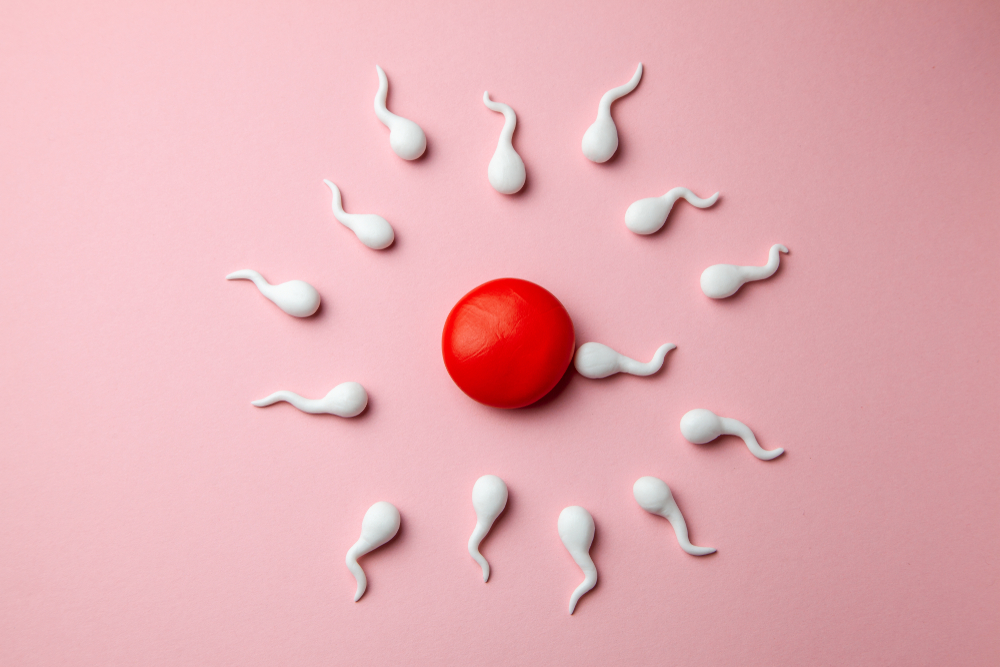WORDS LIM TECK CHOON
 FEATURED EXPERT FEATURED EXPERTDR CHONG KUOH REN Consultant Obstetrician & Gynaecologist and Fertility Specialist TMC Fertility |
To the Chinese, 2024 marks the auspicious Year of the Dragon. The dragon symbolizes courage, wisdom, and success—qualities that most couples would like to hope for their child. Hence, many would plan to have a ‘dragon baby’ come the next year!
“Planning for parenthood however, requires a lot more than just jumping into the process of baby-making,” says Dr Chong Kuoh Ren with a laugh.
As it is never too early to plan, he offers some tips for parents to have a healthy pregnancy and baby in 2024.
START WITH A PRE-PREGNANCY HEALTH CHECK
“A preconception checkup is a good idea, even if this isn’t your first pregnancy,” Dr Chong states.
Such a checkup typically involves a health review of the aspiring parents, with the doctor screening them for the presence of chronic conditions such as diabetes, hypertension, and more.
“According to the Malaysian Ministry of Health, these health screenings should be carried out at least 3 months before you’re planning to conceive,” he adds.
Dr Chong further adds that couples can further opt for genetic counselling if they are concerned about potentially passing on genetic disorders to their future offspring.
“Genes that cause genetic medical conditions such as thalassemia can be identified with a simple blood test. Having this knowledge can help you make better decisions about your pregnancy,” he elaborates.
GET YOUR BODY ‘BABY-READY’
Dr Chong mentions that there is no foolproof diet or exercise plan that will help one conceive.
“Nonetheless, a well-rounded diet and ideal body weight can have an impact on your pregnancy,” he says.
Such a diet should be balanced and filled with fruits, vegetables, lean proteins, and whole grains in order to provide essential nourishment for both mom and the future baby.
“Multivitamins are also a great way of providing this nourishment, especially folic acid,” he adds.
Folic acid aids in the formation of red blood cells and helps tissues grow. In pregnancy, folic acid is crucial in preventing neural tube defects, which refer to birth defects of the brain, spine, and spinal cord.
Dr Chong also highlights vitamin D, which is important for improving the quality of both egg and sperms. In pregnant women, vitamin D can prevent premature delivery.
Meanwhile, regular exercise will not only strengthen your body, but also help you manage your body weight sustainably. “You don’t have to do anything extreme, just focus on having some physical activity throughout the week. Simply doing 30 minutes of moderate exercise, such as brisk walking or gardening, can go a long way in helping you stay fit,” says Dr Chong.
DITCH UNHEALTHY HABITS
Don’t wait until one is pregnant to quit habits such as smoking and excessive drinking of alcohol.
“Smoking, especially, can adversely impact your chances of conceiving as it is linked to fertility issues in both men and women,” says Dr Chong. “Newer research has shown that secondhand smoke can increase foetal risk factors too.”
Excessive drinking is linked to lowered sperm counts and abnormal eggs.
TRACK THE MENSTRUAL CYCLE
This helps to identify the woman’s most fertile period — and in turn, help her to get pregnant faster.

“Start recording when your period starts and ends from month to month.” Dr Chong advises.
This will give one an idea of how long her cycles are.
While the average menstrual cycle is around 28 days, many doctors say the healthy range can be anywhere from 21 to 35 days.
“Cycle tracking can be trickier for women who have irregular periods in the first place,” Dr Chong concedes. “Broadly speaking, the general advice is to keep having sex every 2 to 3 days, so you don’t have to do all these calculations. I’d strongly advise consulting a specialist in these cases though, as irregular bleeding might be a symptom of more serious underlying issues.”
CAN’T CONCEIVE NATURALLY? DON’T DESPAIR, SEEK HELP
Dr Chong adds that couples should also not shy away from communicating with health professionals — and each other — if they continue to have problems conceiving.









